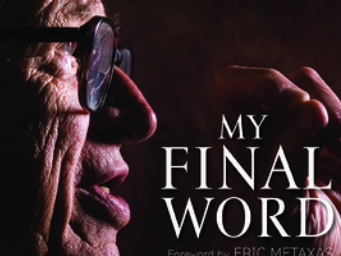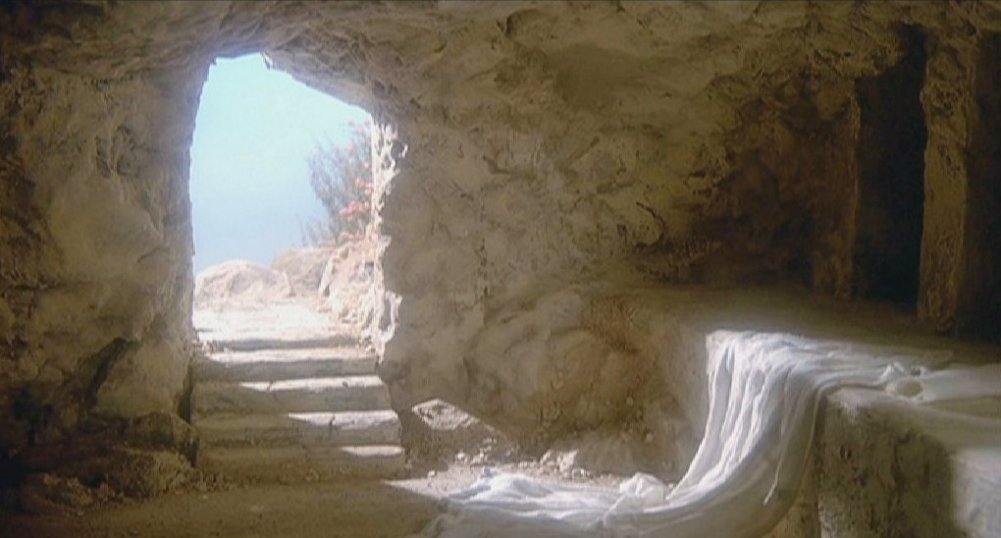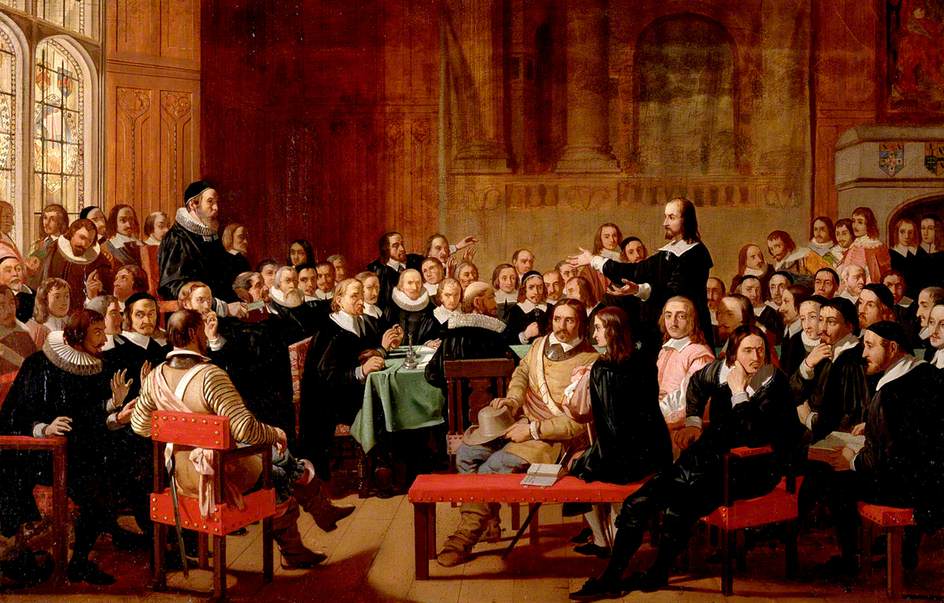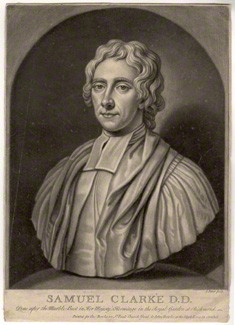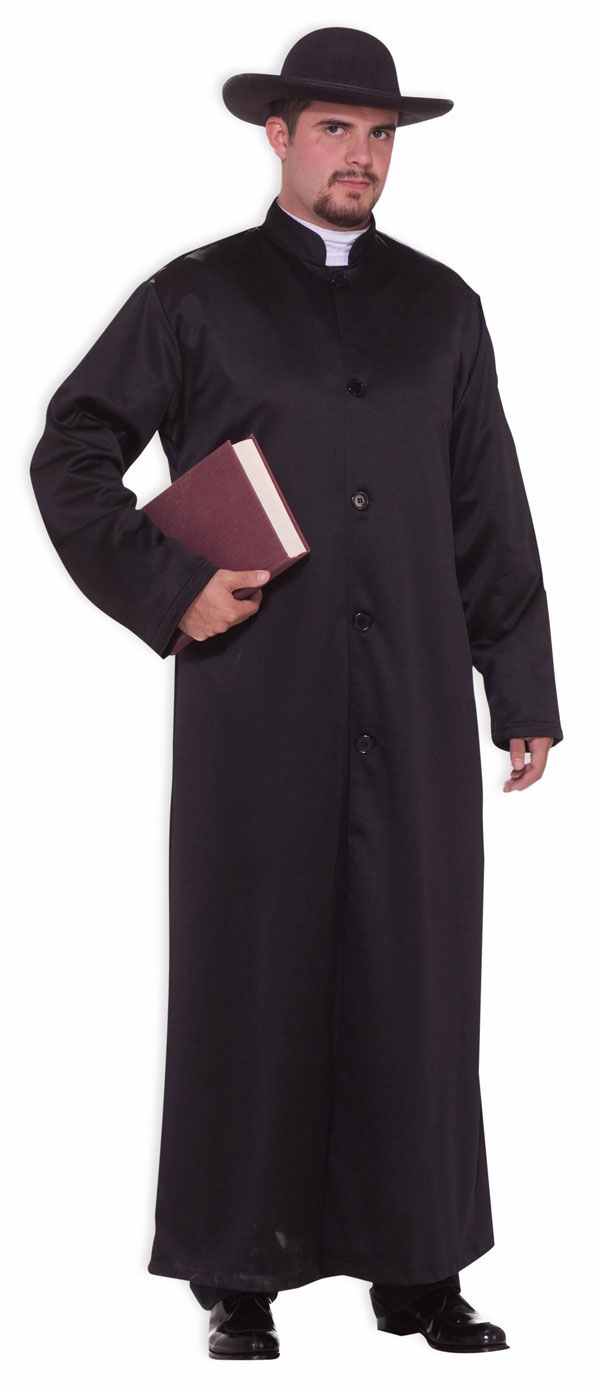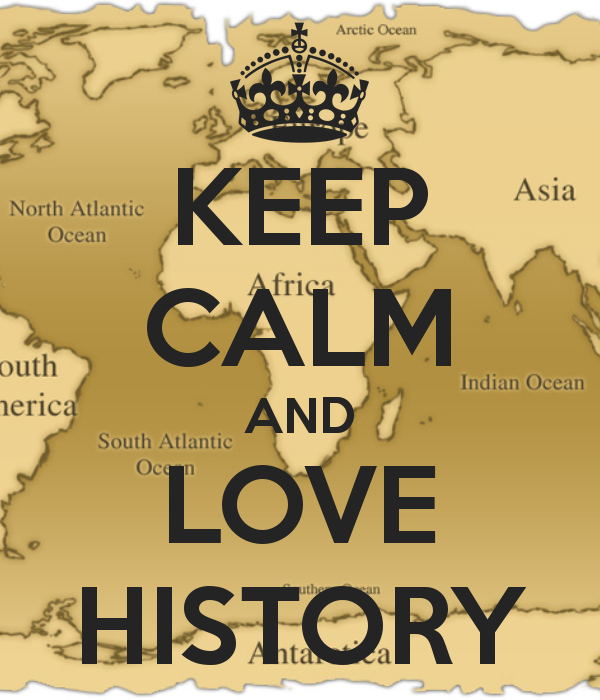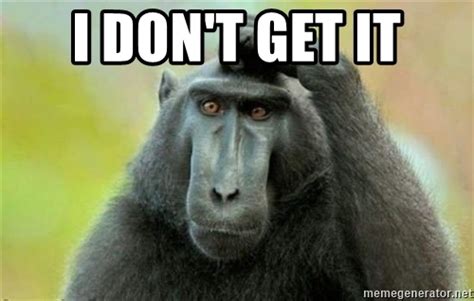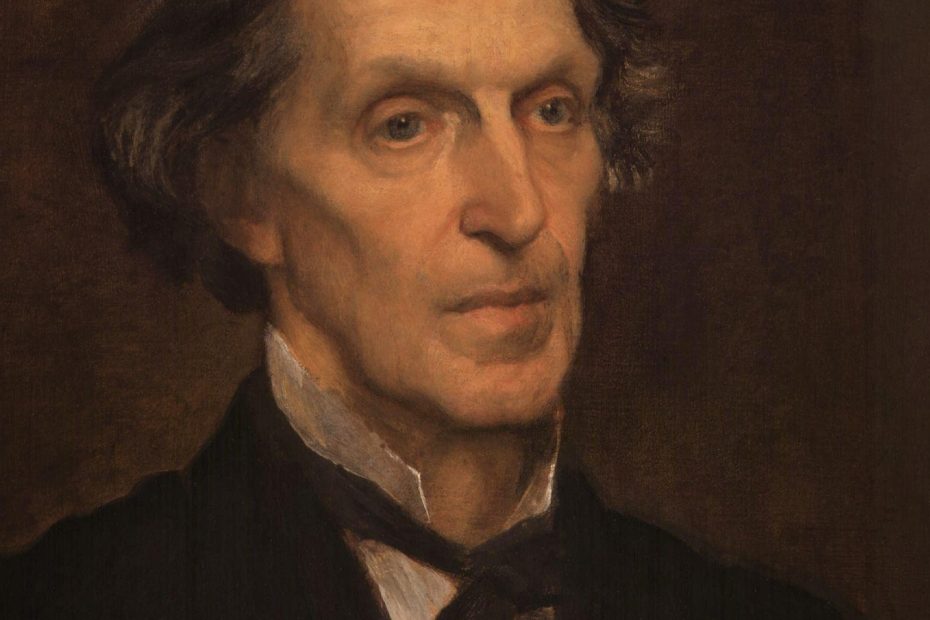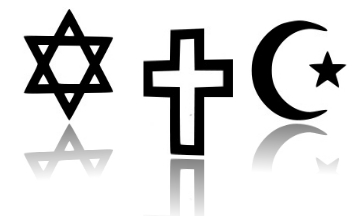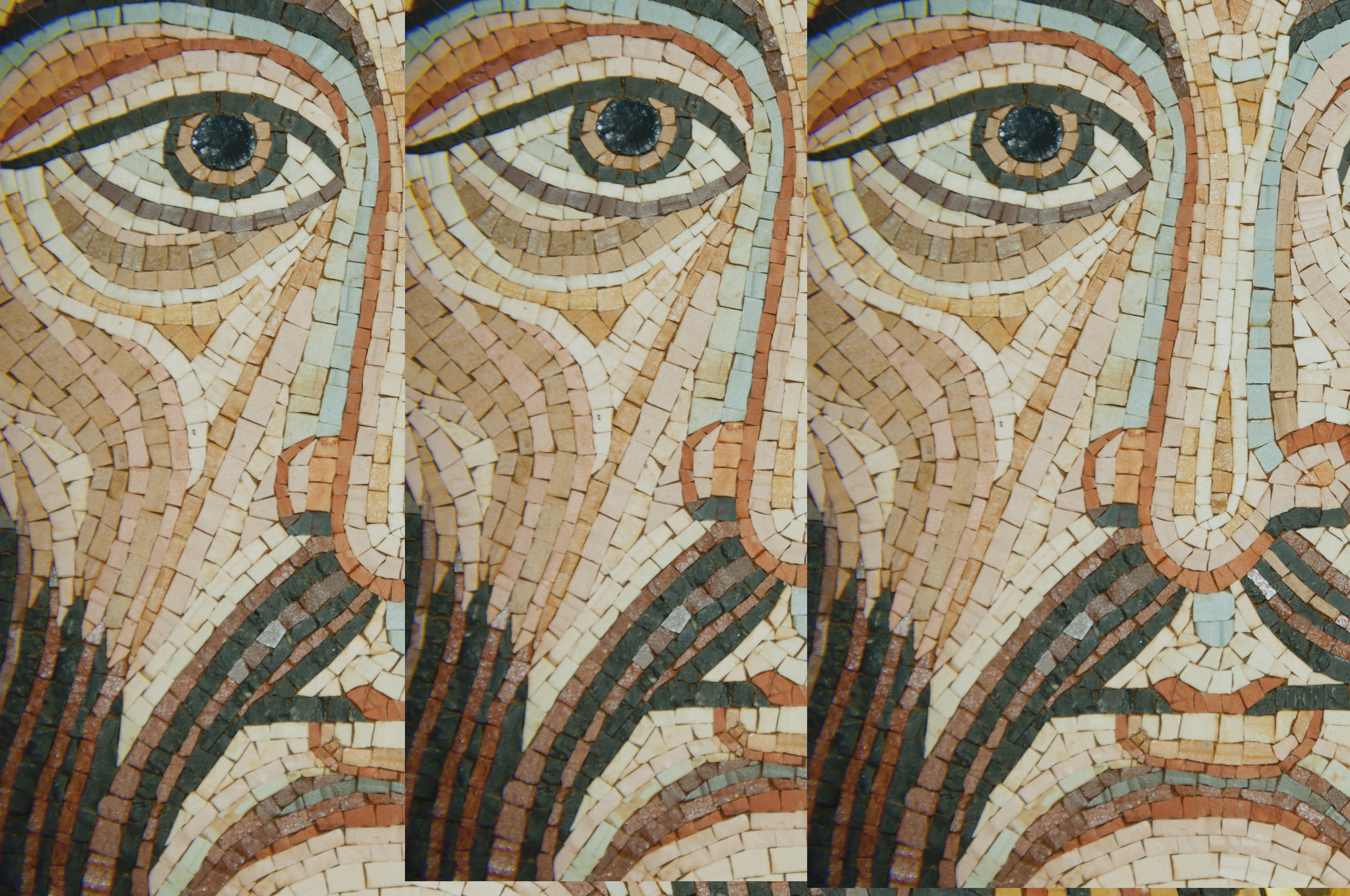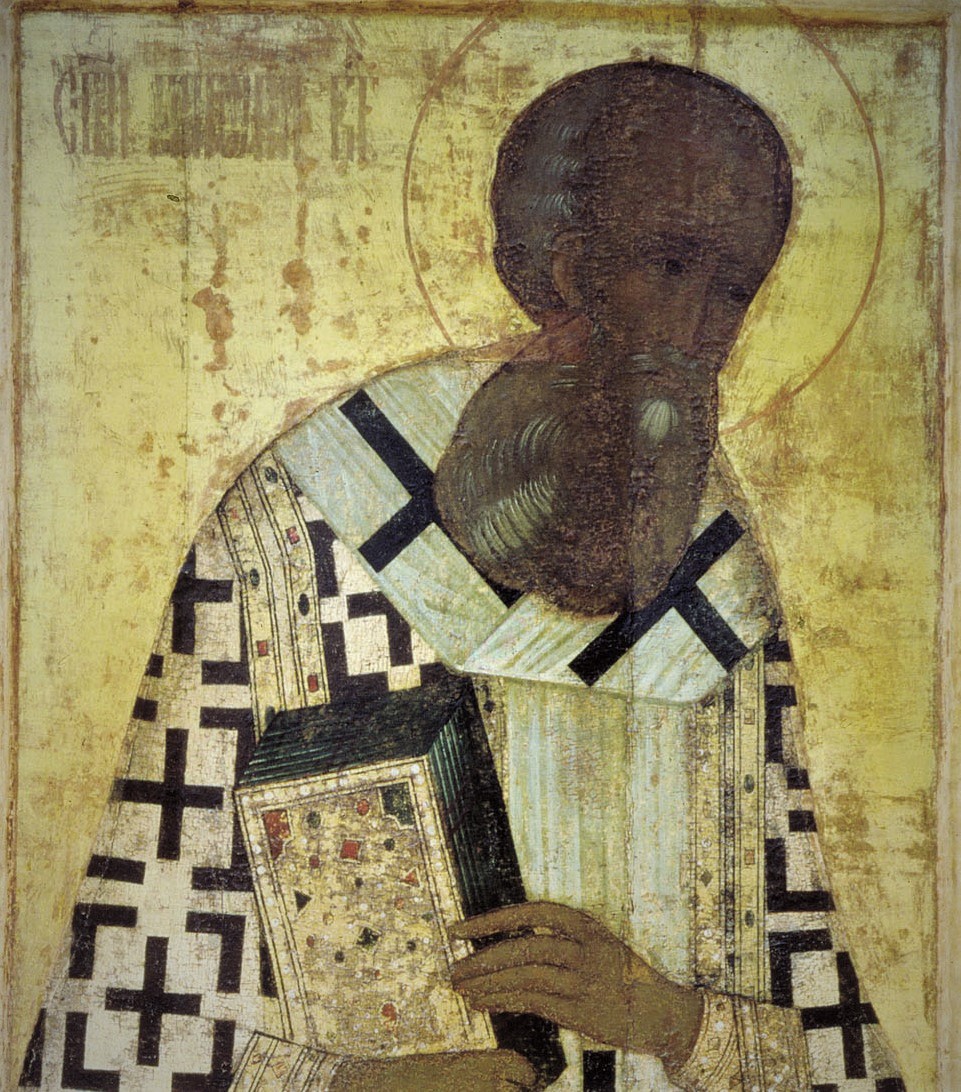Search Results for: jesus faith
He is risen!
Now I’m making known to you, brothers, the gospel that I proclaimed to you, which you accepted, on which you have taken your stand, and by which you are also being saved if you hold firmly to the message I proclaimed to you—unless, of course, your faith was worthless. For I passed on to you the most important points that I received: The Messiah died… Read More »He is risen!
podcast 261 – How to Argue that the Bible is Trinitarian – Response to Bowman
Arguing about what is essential to a trinitarian theology, and about a seemingly incoherent Trinity theory.
the evolution of my views on the Trinity – part 9
This time, some questions that may occur to you about Clarke’s views on the Trinity.
Is the Pope a Modalist?
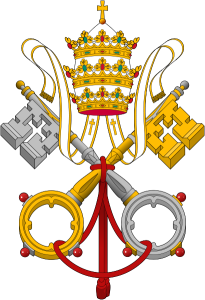
First, a few clarifications. By “modalist” I do not mean “Sabellian” or “monarchian.” (Those ancient catholics probably did hold to various forms of modalism, but the term is not a historical one, and can refer to other views which probably no ancient person held.) Nor do I mean modalism by definition to be heretical relative to orthodox/catholic creeds. What I mean is that at least one of these – Father, Son, Spirit – is a mode of the one God, in some sense a way that God is. That last phrase is deliberately ambiguous.
In his recent Christmas sermon the Pope said:
In all three Christmas Masses, the liturgy quotes a passage from the Prophet Isaiah, which describes the epiphany that took place at Christmas in greater detail: “A child is born for us, a son given to us and dominion is laid on his shoulders; and this is the name they give him: Wonder-Counsellor, Mighty-God, Eternal-Father, Prince-of-Peace. Wide is his dominion in a peace that has no end” (Is 9:5f.). … A child, in all its weakness, is Mighty God. A child, in all its neediness and dependence, is Eternal Father. …
God has appeared – as a child. It is in this guise that he pits himself against all violence and brings a message that is peace. (emphases and link added)
This last phrase, X has appeared as S, is ambiguous. It could mean Read More »Is the Pope a Modalist?
Kimel’s review of What is the Trinity – Part 2
Kimel lampoons the biblical unitarian historical narrative, and urges that Irenaeus is a big problem for it.
podcast 11 – Tertullian the unitarian
Though he’s the first on record to use the Latin word “trinitas,” he was in fact a sort of unitarian.
Congratulations to J.T. Paasch (Dale)
Congratulations to trinities contributor J.T. Paasch on his “Arius and Athanasius on the Production of God’s Son”, which has come out in the most recent issue of the prestigious philosophy of religion & philosophical theology journal, Faith & Philosophy (Vol. 27, No. 4, October 2010, pp. 382-404) Hey JT – do you have a preprint posted online anywhere? Here is JT’s abstract, to whet your… Read More »Congratulations to J.T. Paasch (Dale)
That important doctrine… whatever it is
I was reading an article on the Trinity by Phillip Cary, and was struck by this passage, at the start of his paper. When I was growing up in the faith, I heard a lot about the doctrine of the Trinity, but never learned what the doctrine was. In high school and college I worshiped at faithful, Biblical churches in which pastors often affirmed the… Read More »That important doctrine… whatever it is
Linkage: What Randal wants for Christmas
Philosophical theologian Randal Rauser has been blogging as the Tentative Apologist. This year, for Christmas, he says he’s hoping for “a coherent account of the incarnation“. In other words, he wants a way of understanding the incarnation doctrine which is apparently consistent. Will he get it? Word has it that the elves are working overtime on this request, as Rauser has been a very good… Read More »Linkage: What Randal wants for Christmas
too many Jesuses vs. too many “Jesuses”
Deciding to call just one of the three selves in your christology “Jesus” doesn’t fix the fact that your theory has two too many selves.
Martineau: What’s left after historical inquiry unravels “the Trinity”?
“The dissolution of a mythology is no less natural a process than its growth, and is indeed secured the moment we have discovered how it has grown…”
Linkage: 10 Important books?
Over at Faith and Theology a theologian lists what he views as the ten most important latter-day books on the Trinity. An interesting thing about this list is that it shows the radical divide between philosophers (philosophy of religion specialists, philosophical theologians) like me, and (theologically trained) theologians. None of these books has been big topic of discussion among the former, and I’ve read pretty… Read More »Linkage: 10 Important books?
the “same god” controversy and Christian commitment – Part 2
Do Christians and Muslims worship the same god? Many are inclined to think that trinitarian Christian and Islamic theologies are just too different for the two groups to even be referring to the same being. But as many have pointed out, be careful with that argument! For one thing, it may give you the unwanted conclusion that various Christian groups aren’t talking about the same god.… Read More »the “same god” controversy and Christian commitment – Part 2
Guest post: Questioning Craig’s “Trinity Monotheism” – Part 1
“…in Dr. Craig’s view…the only true god would be something other than the one who Jesus identified as the only true god, as his own god, and as the god of his followers.”
publications update
My paper critiquing the Brower-Rea “constitution” approach to the Trinity has now been published in Philosophy and Theology. I just received the issue this week. Pre-print is on the home page. I worked very hard on this, off and on, for more than two years, and tried (with limited success, I think) to make the discussion intelligible to non-philosophers. It’s a metaphysics-heavy discussion though. My… Read More »publications update
podcast 244 – Response to Branson Part 2 – Early Orthodox Trinitarians
Gregory of Nazianzus and John of Damascus held that the one God is the Trinity.
podcast 193 – Review of Sanders’s The Deep Things of God – Part 2
What, according to Dr. Sanders, is the crisis in contemporary trinitarian systematic theology, when it comes to the Bible?
podcast 266 – Andrew Davis on church history, the Trinity, and modalism – Part 1
Andrew Davis on the church fathers, the Bible, and finding his way through clashing theologies.
